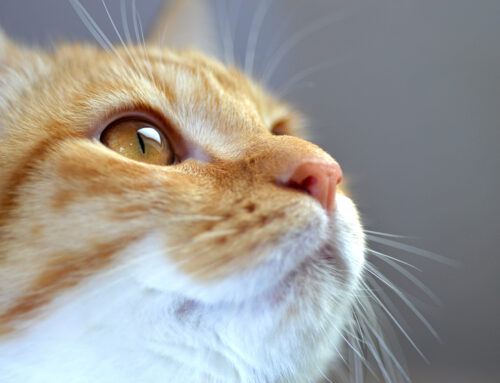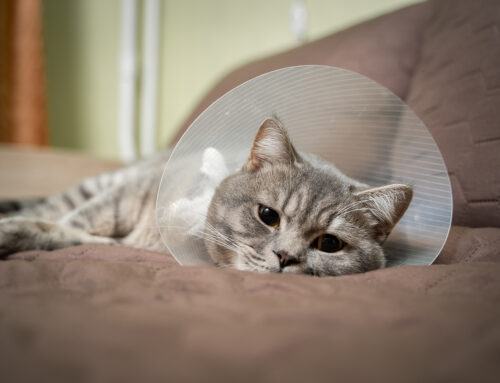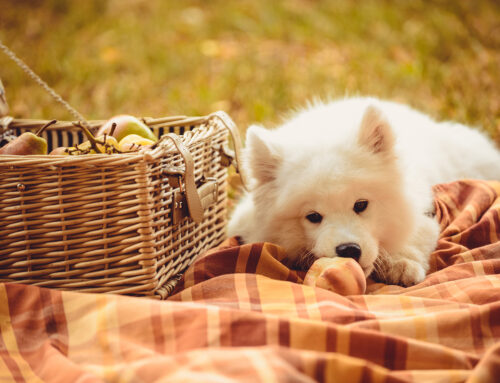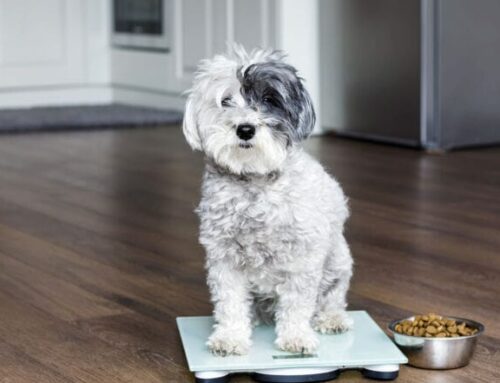Welcoming a new pet into your home can be a very exciting time for you and your family. However, it also involves a great deal of responsibility and commitment, sometimes for over a decade. To find the pet that is truly suited to your lifestyle there are a number of questions that you should ask yourself and these should be answered as honestly as possible.
- What are my work commitments and time restraints?
- How much time can I offer to my pet?
- What is my budget?
- How much exercise will my pet need?
- How much space will my pet require?
- Who will look after my pet while I am on holiday?
Once you have considered these questions you can then start to look at which pet would be best suited for you.
Is a dog the right pet for me?
A dog relies on its owner for social interaction and regular exercise, which means that they cannot be left for longer than 4 hours on their own. If you work long hours, have a long daily commute or are away from home regularly then a dog may not be suited to your lifestyle. Alternatively, if you are able to take your dog to work with you, or regularly work from home, then a dog may be the ideal companion.
It is important to be aware that dogs require regular preventative healthcare including: annual vaccinations; parasitic treatment for worms, ticks and fleas; neutering (if required); and dental care. The cost of this healthcare will vary depending on the weight of your dog, but this healthcare is essential to help keep your dog as healthy as possible. If you would like any further information about the preventative healthcare requirements for your dog then we can discuss this with you in more detail.
The environment that you live in can also have an impact on your suitability to own a dog. You should be able to provide an enclosed garden or yard that your dog can have regular access to. This means that if you live in a flat or have shared garden then a dog may not be an ideal pet for you.
Is a cat the right pet for me?
A cat is generally more independent than a dog but can still be a loving companion, so may be the ideal option for a busy family. Cats have very individual personalities and while some like fuss and attention others may be more timid or nervous. It is important to spend time finding the ideal cat for your family. A cat may be kept as either an indoor house cat or allowed access outside. Some owners who live in a busy area or near a main road prefer to keep their cat indoors for their safety, so outside access is not essential for every cat, as long as they have enough distractions and activities indoors.
Some nervous cats can be prone to stress if there is a change in their environment or routine, and this can lead to illnesses, such as Feline Idiopathic Cystitis (also known as Feline Lower Urinary Tract Disorder, or Stress Cystitis). This means that it is important to consider in advance who would care for your cat while you are on holiday. While most cats would cope with going into a cattery, some may be more settled staying in their home environment with their normal routine.
Similar to the dog, preventative healthcare for your cat will include: annual vaccinations; parasitic treatment for worms, ticks and fleas; neutering (if required); and routine dental care. If you cat goes outdoors and hunts, then routine parasitic treatment is especially important for your pet. We can discuss the healthcare requirements for your cat with you in more detail.
Is a rabbit the right pet for me?
Over recent years the number of rabbits being kept as pets has increased. Many people are choosing rabbits as their companions, as rabbits like to interact with people and have great personalities but can be left for longer periods of time than dogs.
Rabbits are very social animals and should, where possible, be kept in bonded pairs or groups. They may be kept either indoors or outdoors, but they do require sufficient space to have permanent access to a run. If kept outdoors then they will also require protection from extreme weather.
When going on holiday, it is advisable to plan in advance who would care for your rabbit while you are away. Rabbits need to be checked twice a day, especially in the warmer weather when there is a risk of flystrike. Rabbits are also prone to gastrointestinal (gut) stasis if they are stressed by any change to the environment or travelling, so care should be taken if transporting your rabbit to try to avoid illness.
Rabbits also require preventive health care including: regular vaccinations; neutering (especially when kept in pairs); dental check-ups; flystrike prevention; and sometimes parasitic treatment for worms and fleas. We can advise on a suitable healthcare plan for your rabbit.
Is a rodent the right pet for me?
There are many different rodents that can make good pets including; guinea pigs, rats, hamsters and gerbils. They can be left during the day and are generally easy to care for, making them suitable for busy families. Many rodents are nocturnal so they sleep during the day, then are active at night and can be noisy, which may be a disadvantage for families with young children. Many rodents require large cages with space to exercise which should be taken into account when planning for your pet.
Guinea pigs can be kept indoors or outdoors. They are social animals and should be kept in pairs or groups, but they are not suitable companions for rabbits. Other rodents should be kept indoors and, like guinea pigs, most rodents are sociable and like to be kept in pairs or groups. Syrian hamsters are one exception and should be kept on their own. Each rodent has slightly different husbandry requirements so it is important that you understand how your pet should be kept.
Finding the ideal pet
Once you have decided on the ideal pet for your family then we would advise continuing your research for more detailed information on caring for your pet. If you have any questions about your chosen pet then one of our knowledgeable team will be happy to help answer them.





